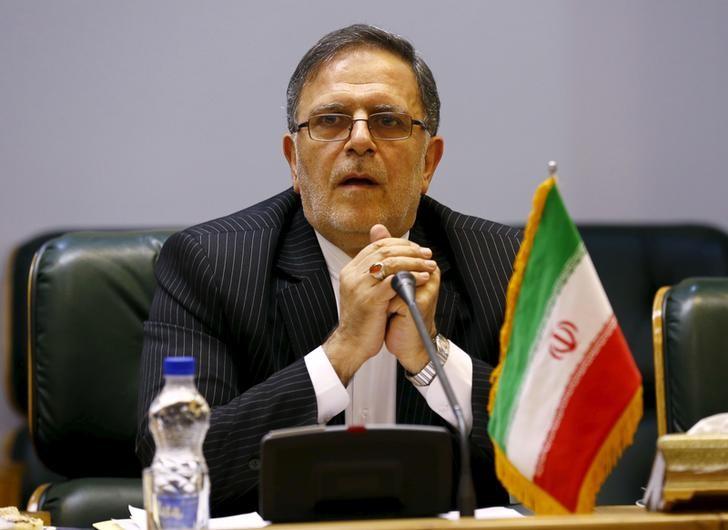Tehran-Nine months after the sanctions were lifted and a nuclear agreement between Iran and world forces was signed, major European banks are still reluctant to do business with Iran for fear of U.S. retribution.
“For the moment, the little European banks have agreed to work with us,” said Parviz Aghili, head of the private Middle East Bank in Tehran. “They include banks from Italy, Austria, Switzerland, Germany and Belgium,” he said without naming them.
“But not a single medium-sized or big bank has so far agreed to do it,” he added.
The limited number of institutions that do deal with Iran include Raiffeisen Bank and Erste Bank from Austria, Mediobanca and Banco Popolare of Italy, Germany’s EIH, KfW and AKA banks, Belgium’s KBC, ING of the Netherlands and Turkey’s Halk, according to a banking expert in Tehran.
“These banks have established working relations with the Iranian banks to open letters of credit for fairly small sums of USD10 million or USD20 million. But they lack the resources to finance big projects like the deal to purchase 118 Airbus and 100 Boeing planes, or develop oil and gas projects,” the expert said.
President Hassan Rouhani said that to modernize the industrial sector and revive the economy, Iran needs up to USD50 billion foreign investments every year.
“The main obstacle for banking relations is the U.S. Treasury, which is putting pressure on all countries and is blocking banking relations and the lifting of sanctions,” Alaeddin Boroujerdi, president of the Iran’s parliamentary foreign affairs commission, said recently.
Henry Smith, an Iran analyst for consultancy Control Risks, told AFP that Banks need to consider the nationality of companies and people involved in a specific transaction, due to the limitations imposed by remaining U.N., U.S. and EU sanctions.”
Nearly 180 Iranian individuals and entities are still on the U.S. sanctions list, notably the Islamic Revolutionary Guards Corps, the ministries of defense, as well as two airlines and several banks.
“It’s completely unacceptable,” French Environment Minister Segolene Royal said during a visit to Iran in August. “French banks linked to U.S. banks have no courage to enter Iran,” she added.
“The reluctance of banks to do business in Iran has clearly bolstered interest groups in Iran that were at best skeptical of the nuclear deal,” said Smith.
For Aghili, there are two problems that Iran must overcome. “First, we must modernize the banking system to adapt to the new international banking rules that have evolved a lot,” he said.
“Iranian banks, which have been cut off from the world for 15 years, must apply the new rules adopted by the international community to fight money laundering and terrorist financing,” he added.
“Then there is the Iranophobia. Iran is always presented as the black sheep, that doesn’t correspond to reality,” Aghili continued.
